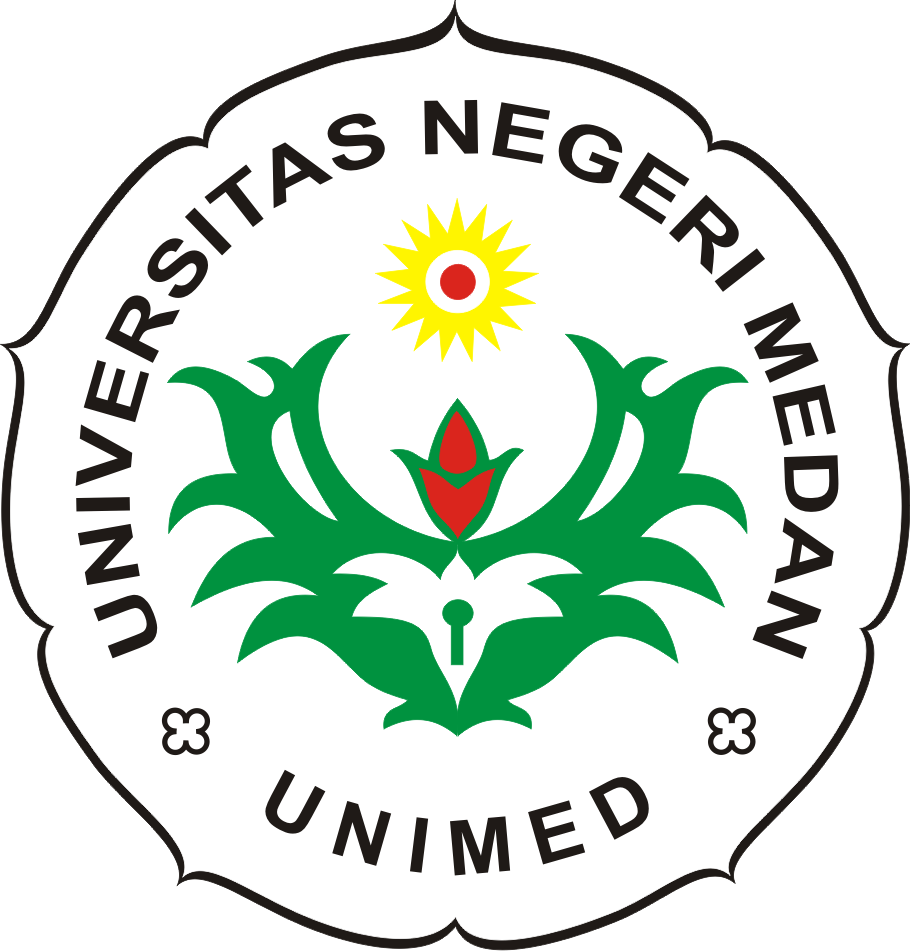Speech Acts and Pragmatic in Multilingual and Multicultural Settings
DOI:
https://doi.org/10.24114/reg.v13i4.64412Abstract
This study investigates speech acts and pragmatics in Indonesia’s multilingual and multicultural settings, focusing on how linguistic diversity and cultural norms influence communication strategies. Using a qualitative approach, data were collected through interviews, ethnographic observations, and discourse analysis involving participants from various cultural backgrounds, including Bataknese and Sundanese communities. The study examines requests, apologies, and refusals, exploring how these speech acts reflect cultural values and adapt to different social hierarchies and contexts. The findings highlight that Bataknese speakers often use direct language, emphasizing clarity, while Sundanese speakers prefer indirectness and elaborate politeness to maintain harmony. Code-switching emerged as a significant strategy, allowing participants to navigate linguistic and cultural boundaries effectively, often shifting between Indonesian, local languages, and English depending on the audience and context. Additionally, in digital communication, pragmatic strategies evolved with the use of emojis, formal expressions, and explanations to ensure clarity and respect. These results underscore the dynamic and adaptable nature of pragmatic competence in multilingual and multicultural contexts, offering insights into the interplay of language and culture. This research contributes to the broader understanding of communication in diverse settings, providing valuable implications for intercultural interactions in education, business, and social integration Keywords: Speech act, Pragmatic, Multilingualism, Cultural NormsDownloads
Published
Issue
Section
License
Copyright (c) 2024 Rosa Anjani, Rizki Tiara Ayunda, Widya Maharani, Dela Wahyuni, Deasy Yunita

This work is licensed under a Creative Commons Attribution-NonCommercial-ShareAlike 4.0 International License.
Authors who publish with this journal agree with the following terms:
- Authors retain copyright and grant the journal right of first publication with the work simultaneously licensed under a Creative Commons Attribution License that allows others to share the work with an acknowledgment of the work's authorship and initial publication in this journal.
- Authors are able to enter into separate, additional contractual arrangements for the non-exclusive distribution of the journal's published version of the work (e.g., post it to an institutional repository or publish it in a book), with an acknowledgement of its initial publication in this journal.
- Authors are permitted and encouraged to post their work online (e.g., in institutional repositories or on their website) prior to and during the submission process, as it can lead to productive exchanges, as well as earlier and greater citation of published work (See The Effect of Open Access).
- This work is licensed under a Creative Commons Attribution-ShareAlike 4.0 International License.






